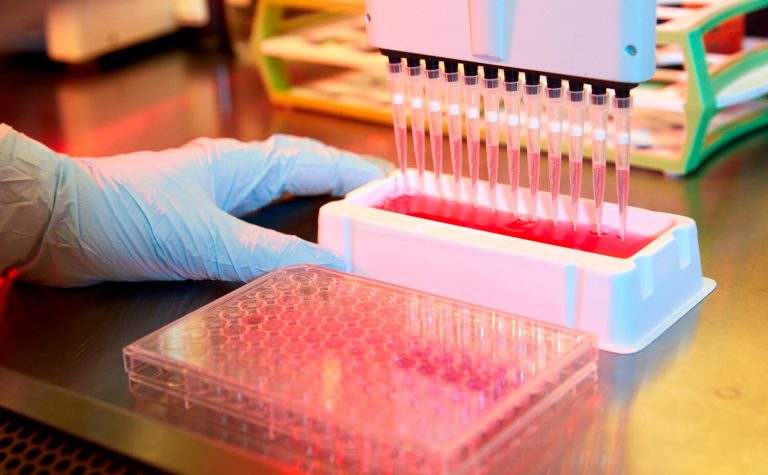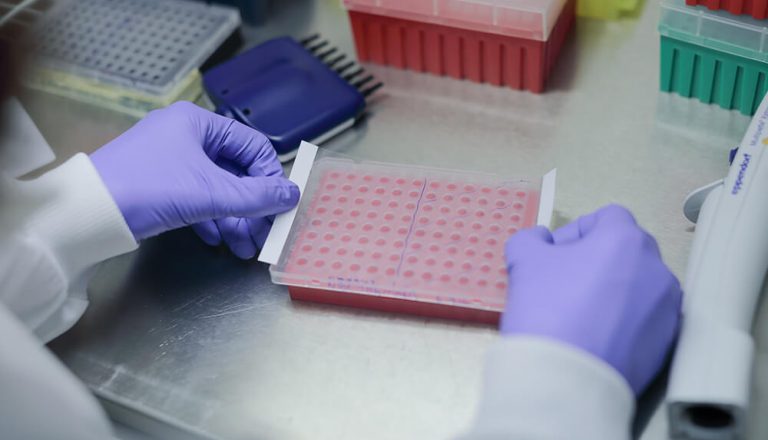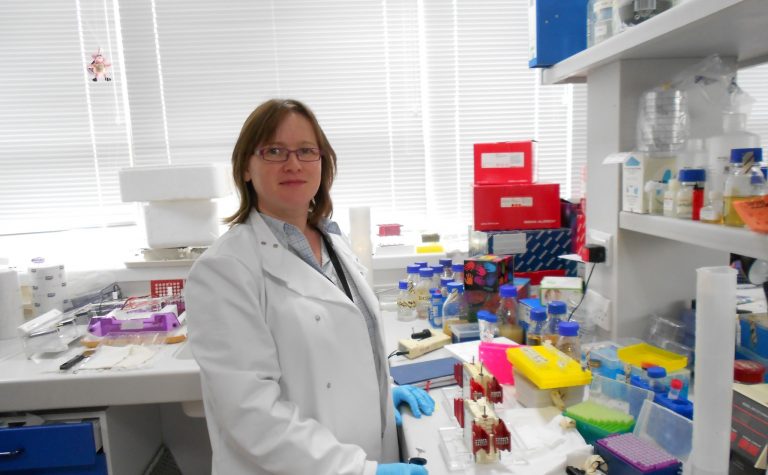Project Details
Project Title
The genetics of familial leukaemia
Lead Researcher
Dr Ariadna Mendoza
Research Centre
UCL Cancer Institute
City & Institution Postcode
London, WC1E 6DD
Start Date
15 September 2013
Duration
3 years
Grant Amount
£243,559

Newsletter Signup x
When Ewing sarcoma, a tumour of the bone, spreads to other parts of the body, it is difficult to treat and usually fatal. This project builds on previous work that has identified a promising new approach to treatment, combining two different types of drugs.
If successful, the team will take the new therapy forward to clinical trial.
This research project on Ewing Sarcoma has been successfully completed. Your donations allow us to fund ground-breaking research that can improve treatments given to children with cancer. Thank you. Your help allows us to continue to find ways to drive up the chances of survival for children with cancer and reduce the toxic side effects that can affect the rest of their lives.
The genetics of familial leukaemia
Dr Ariadna Mendoza
UCL Cancer Institute
London, WC1E 6DD
15 September 2013
3 years
£243,559



Developing new treatments for high-risk neuroblastoma Related research- Dr Helen Bryant
Neuroblastoma has a ‘high-risk’ form which, despite using every treatment available, means that some children can’t be cured. Some
Read more